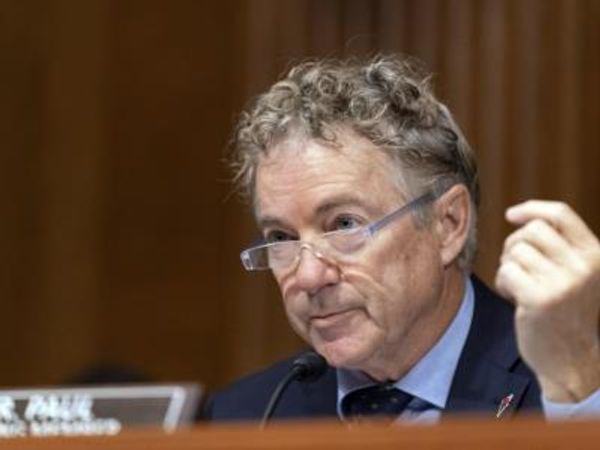Elon Musk likes to shine the light on the practices he abhors in other multinationals.
One of the favorite targets is The Walt Disney Company (DIS). In May, the billionaire had already intervened in the debate on the limitation of the duration of exclusivity attached to an original work.
At the time, Sen Josh Hawley (R- Missouri) introduced legislation to reduce the number of years protecting an original work to 56 years instead of 120 years as it is currently the case. It was seen as a bill to strip Disney of special copyright protections after the entertainment giant took a stand against the "Don't Say Gay" law in Florida.
The Legend of the Suicidal Lemmings
"Current copyright law in general goes absurdly far beyond protecting the original creator," Musk commented at the time.
Some two months later, the entrepreneur was once again delighted with Disney's setbacks. The tech tycoon seemed content with the prospect of Disney losing exclusivity on one of its most popular characters: Mickey Mouse, the brand's mascot.
Commenting on a post saying that the famous mouse will soon fall into the public domain, the richest man in the world said it was about time. Disney may indeed soon lose the exclusive rights to many characters, including Mickey Mouse, in 2024, almost 95 years after its creation. The expiration date of exclusivity on an original artistic work is 95 years, but Disney may apply to extend its exclusivity further, experts say.
Disney's problem will be with extending the copyright it currently has for its original Mickey Mouse character who appeared in the 1928 short cartoon "Steamboat Willie." That character will enter the public domain when its copyright expires Jan. 1, 2024. Disney still holds the rights to subsequent depictions of Mickey Mouse.
Since the original black and white "Steamboat Willie" debuted, Mickey Mouse's appearance has evolved over the years, starting the 95-year copyright clock ticking with each new look. But "Steamboat Willie's" copyright clock might be running out soon.
Musk seems not to be done with Disney. He has just brought out a stain from the history of the company to share it with his 102 million followers. It's a safe bet that Disney would like to forget this disastrous episode which tarnished the image of the firm.
In 1958 Walt Disney produced "White Wilderness," part of the studio's "True Life Adventure" series. "White Wilderness" featured a segment on lemmings, detailing their strange compulsion to commit mass suicide. There, these small rodents weighing a few tens of grams that inhabit the tundra surrender in front of the cameras to their murderous migration while the narrator, Winston Hibbler, comments on the event with seriousness.
Fake
It was proven a few years later that the suicide of the lemmings is a fable and that the Disney documentary is a fake. According to a 1983 investigation by Canadian Broadcasting Corporation producer Brian Vallee, "Cruel Camera", the lemming scenes were faked. The lemmings supposedly committing mass suicide by leaping into the ocean were actually thrown off a cliff by the Disney filmmakers. The epic "lemming migration" was staged using careful editing, tight camera angles and a few dozen lemmings.
You can watch the explanation from 20:54 minute to 29:50 minute.
"Lemming Suicide Myth," wrote the Alaska department of Fish and Game on its website on September 2003. "Disney Film Faked Bogus Behavior."
Nineteen years later, Musk takes up the same criticism against Disney in case the collective memory has forgotten.
"The dark origin of the lemming mass suicide myth," Musk posted on Twitter on July 24, with a link directing towards a 2019 story from travellemming debunking the legend of suicidal lemmings.
He continued: "Ironic that Disney would disparage an entire class of rodents when their main character is a rodent – jealous maybe?"
Comments from Twitter users were unsurprisingly anti-Disney, with some even calling for Musk to acquire the media and entertainment giant.
"buy Disney," one Twitter user said.
"So now you’re buying Disney to right them up," another user posted.
"Short $DIS," another added, referring to short-selling which is a bet against a company.
Disney didn't immediately respond a request for comment.







